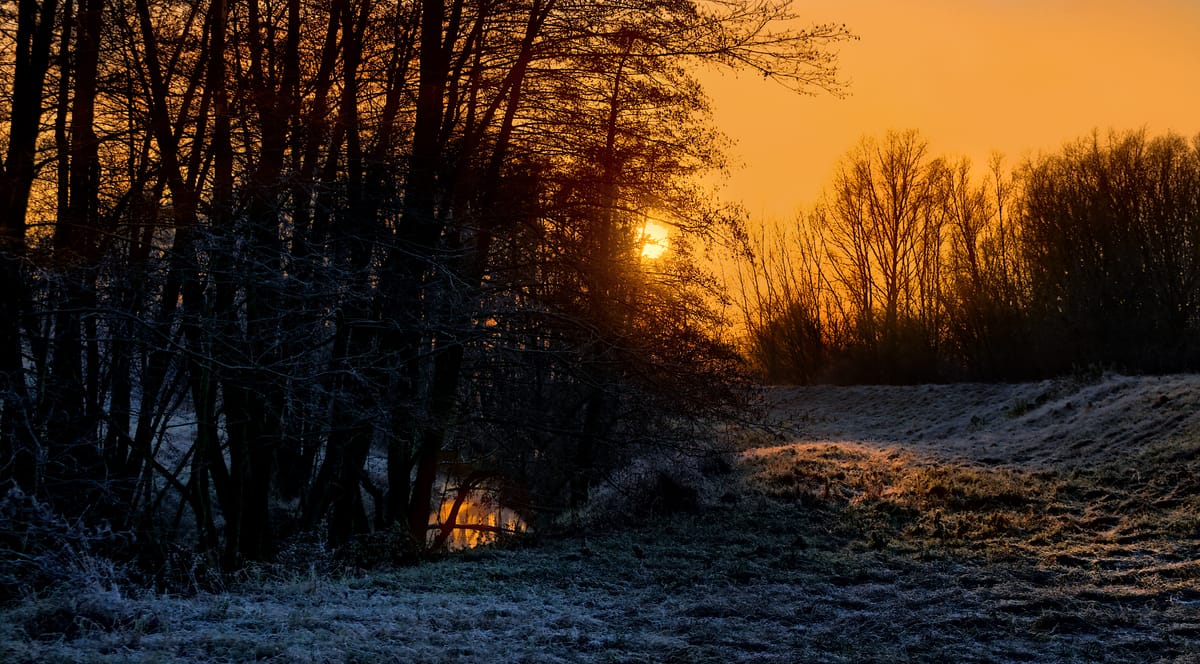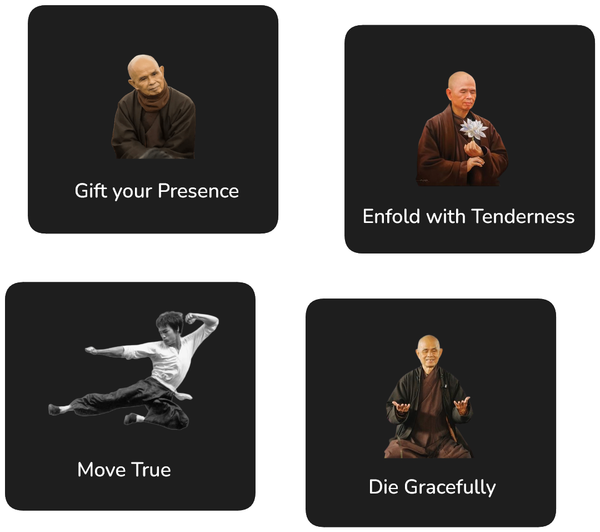Truth

It is easy to say and it feels right to say that we should seek truth. Truth is one of the key tenants of the Enlightenment movement. Rather than following superstitions and other socially constructed concepts, the early scientists of the enlightenment sought out truth which may be obtained by measurement, experiment and by application of the rules of logic. After the French revolution this was brought to some extreme, with design to attempt to subject all areas of live to the dictum of reason and truth.
However, we eventually discovered that scientific, objective truth is not attainable or desirable in all circumstances. It seems beyond our ability to define how it feels to see a beautiful flower or to measure how happy one is. Moreover, many aspects of nature are simply to complex for us to approach with clear logic and reason. For instance, predicting the weather is not a precise science - by using statistics and approximations we can make predictions, but these predictions are often not completely accurate and thereby strictly speaking not true.
Notwithstanding, weather predictions can be useful. They are close enough to the truth to be an adequate guide for our actions; also there is no better alternative available.
I think it makes sense to use the word truth in a little bit of a wider sense than its strict definition. To not only include that which is guaranteed to be true but the best possible answer we can obtain. We cannot know with absolute certainty that the God of the bible and heaven do not exist. But, given our current knowledge about nature and the historical origins of the bible, it seems highly unlikely. So if we seek truth, we should not accept the Christian faith - not because we are absolutely certain that it isn’t true but because it is highly unlikely to be true give our current knowledge.
Truth is consequently not absolute. What we might hold as truth today we might not hold anymore tomorrow. However our commitment to truth can be absolute. If faced with questions where finding a truthful answer is of importance to us or others, we can aspire to seek the answer which is most likely to be true given our knowledge. If our knowledge is insufficient, we should try our best to learn more.
So to seek truth is to have an absolute commitment to finding the answers which are most likely to be true in a clear-headed, honest and logical manner. In doing that, we should not forget humility. We need to acknowledge that the answers we find are not absolute, even if some answers are more likely to be true than others. History is full of examples where humans believed something to be true with great confidence, which later turned out to be false; for instance that the sun revolves around the earth. It is guaranteed that many of the things we believe in collectively will found to be false in the future;.
This reminder notwithstanding, it is very important for us to seek truth in everything we do. Too often, we adopt convenient lies, too often we are too lazy to think things through and just accept them as they are presented to us. Overcoming these habits will guide us to a path of enlightenment - which is based on truth, reason and kindness of heart.
Image credits: JerzyGorecki





